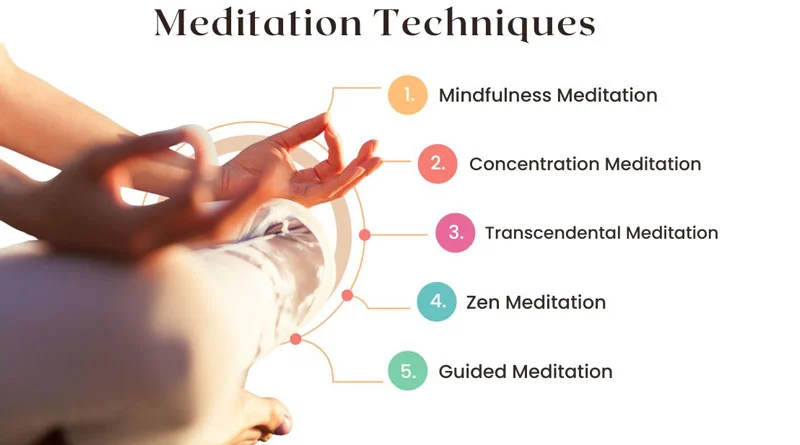
"Many people view meditation as a powerful tool for finding inner peace, awareness, and spiritual growth. Meditation has deep roots in ancient traditions. Modern science now supports its benefits. It provides techniques to quiet the mind, calm the body, and help you feel more present. Many people often link meditation to Eastern spiritual systems like Buddhism and Hinduism. However, it has crossed cultural boundaries. Now, psychologists, healthcare professionals, and people use it in psychology, healthcare, and daily life."
"The origins of meditation date back thousands of years. Scholars find the earliest written records in Hindu texts called the Vedas. Scholars wrote these texts around 1500 BCE. They focus on practices of contemplation and concentration that are important for spiritual life. In ancient China, Taoist meditation began. It focused on being in harmony with nature and growing life energy (qi). Buddhism, founded by Siddhartha Gautama in the 5th century BCE, made meditation a cornerstone of enlightenment, emphasizing mindfulness ( sati) and insight ( vipassanā)."
Meditation originated in ancient traditions with early records in the Vedas (around 1500 BCE) emphasizing contemplation and concentration. Taoist practices in China emphasized harmony with nature and cultivation of life energy (qi). Buddhism made meditation central for insight and mindfulness. Western contemplative forms include Christian hesychasm and Islamic Sufi dhikr. Modern secular adaptations appear in psychology and healthcare, including mindfulness-based stress reduction. Core principles include attention training, focused concentration, calming the body, and present-moment awareness. A variety of techniques allows practitioners to select methods suited to temperament, goals, and lifestyle.
Read at https://www.arogyayogaschool.com/blog
Unable to calculate read time
Collection
[
|
...
]